In brief
Back in July 2021, we shared our proposal to the National Lottery Community Fund’s Bringing People Together Fund. We were delighted to be awarded the funding and we now find ourselves one year into our two year plan towards a 20 year vision of a world built for and around good relationships. Here, we share what we’ve done, what we’ve learnt, and what we’re planning next.
Thank you to everyone who we’ve learnt from, been inspired and guided by, and to all who have been involved. One of the founding hopes for this work is to build a sense of being part of something bigger and over this past year we certainly have.
As ever, we’re keen to hear your ideas, comments and reflections on where we head next. Please leave a comment, Tweet us @Rships_Project or drop us an email to immy@relationshipsproject.org
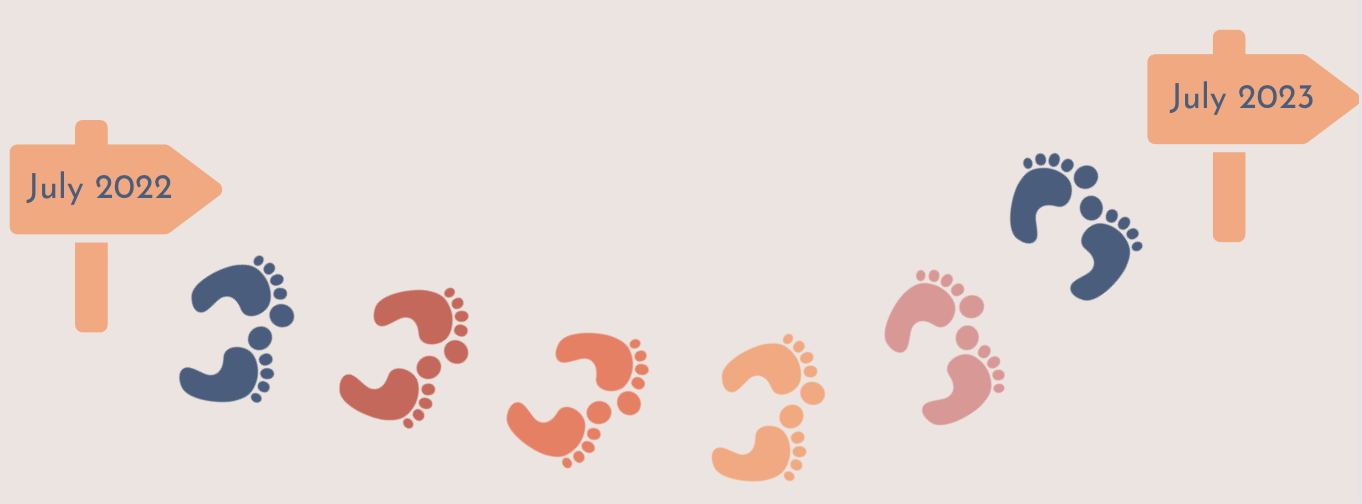
Here at The Relationships Project, we’re dreaming of a paradigm shift; a shift towards a world designed for and around good relationships;: a world where building and maintaining good relationships is considered the first mile, not the extra mile.
From the start of our partnership with the Lottery, our aim was to design, test and build the infrastructure needed to support shared learning and collaboration between all those in the ‘field of relationship-centred practice’ (or ‘the field of relationships’ as we often refer to it). It is our founding hope that the infrastructure for relationships will:
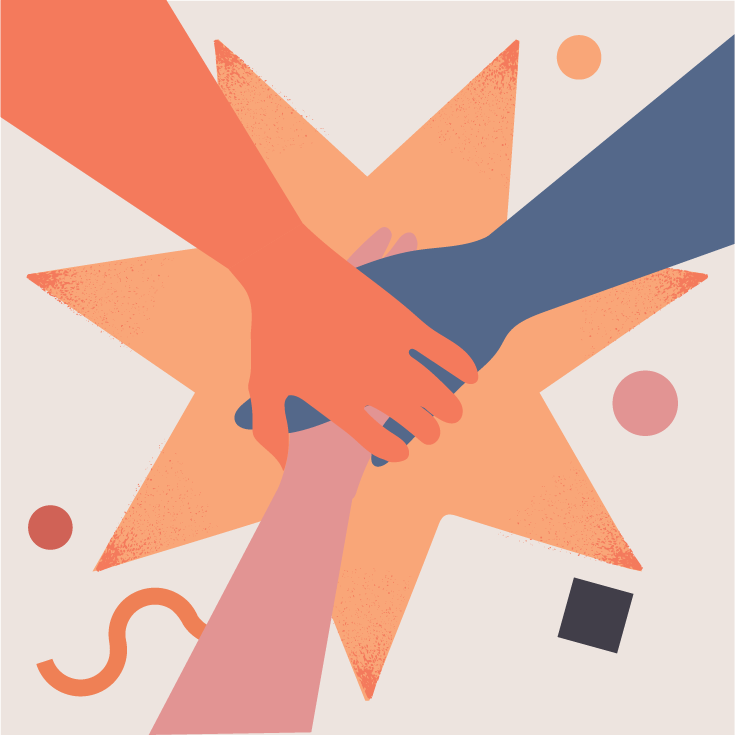
Connect
those of use who share a belief in the importance of relationships but are – somewhat ironically – disconnected from one another, creating opportunities to share, learn, collaborate and feel part of something bigger
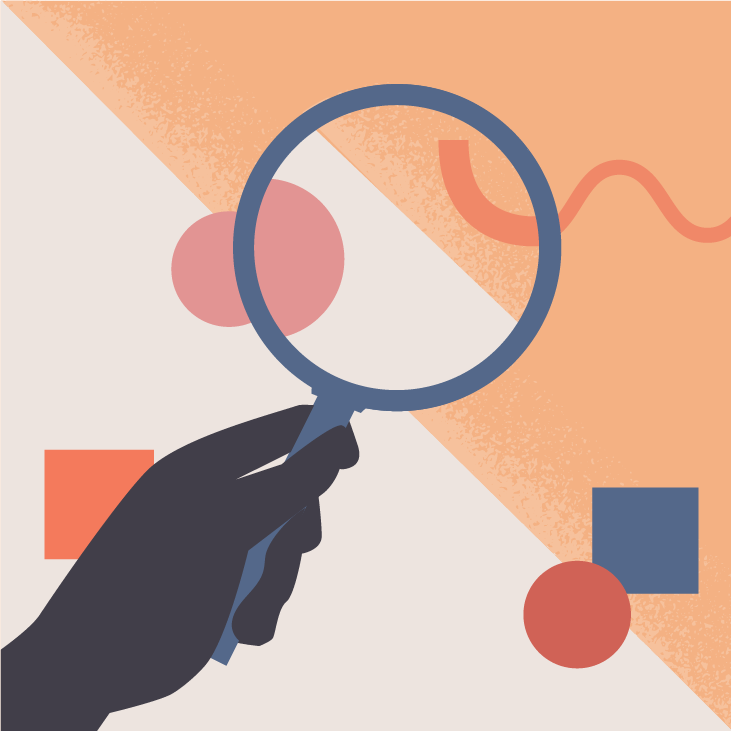
Understand
build our collective understanding of what works when it comes to putting relationships first and why it matters. In doing so, we hope to grow momentum, energy and funding for relationship-centred practice including amongst those who are currently sceptical of it
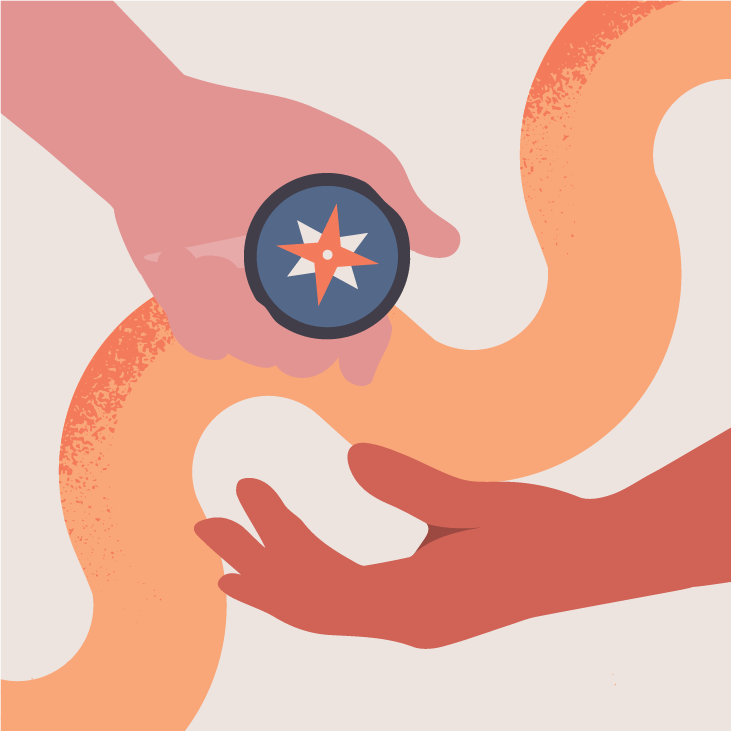
Embed
relationship-centred practice across our communities, organisations, sectors and systems, ensuring that we’re planting trees, not cress
What do we mean by Relationship-Centred Practice?
Relationship-centred practice puts relationships first. It unlocks potential and meets need by positioning meaningful and effective relationships as the first order goal, both an end in itself and the means by which other goals will be achieved (like better health, stronger communities, greater job satisfaction). It is characterised by empathetic behaviours such as positive listening, active collaboration, a commitment to continuity, kindness and mutual trust. There is a shared sense of purpose and also of agency – “we can do this together”, capacity for challenge, for holding tensions alongside compassion and forgiveness, a focus on assets rather than deficits and sufficient versatility to adapt the practice to the individual rather than fit the individual to the programme. It is informed by experience, but not scripted. The most effective relational practice is not enforced from without. It is compelled from within, willing and dynamic.
Across the hundreds of practitioners we work with there is a shared and uniting challenge: relationships might be one of the things that makes us human and therefore simple common sense, but fostering good relationships is all too often considered ‘going the extra mile’. This means that from GPs surgeries to schools, from workplaces to high streets, we all too often end up lonely, disconnected, cut out and cut off from one another, and talking (or too frequently shouting) at cross purposes. Therefore our shared and uniting goal is to build a world that is designed for and around relationships: a world where relationships are the first mile, not the extra one in all aspects of our shared and common life.
Looking back
It’s been a busy year for the field of relationships. Looking back at our own work over the last 12 months, highlights include:
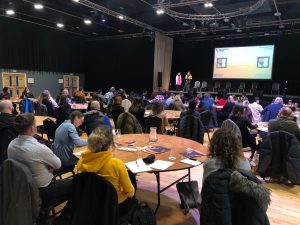
Bringing 80 Relationship-Centred Practitioners together in person, for the first time, in Newcastle-Upon-Tyne. The feeling of connection, belonging and belief in hearing one of the speakers exclaim: ‘I’m a Relationship-Centred Practitioners and that’s the first time I’ve said that out loud’ was incredibly moving
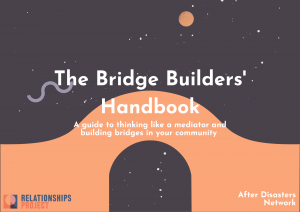
Seeing the Bridge Builders’ Handbook being used by community weavers across the country, pioneered by the fantastic Gateshead Bridge Builders
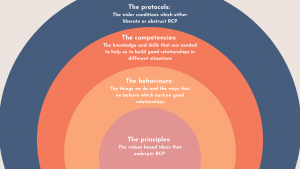
Learning from dozens of examples of people, communities and organisations putting relationships first to build our collective understanding of the components of Relationship-Centred Practice, and the conditions which enable it to thrive
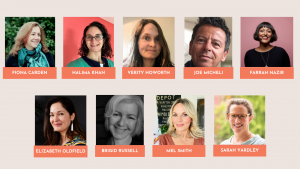
Recruiting the The Relationships Collective – a group of 9 brilliant Relationship-Centred Practitioners who together represent just some of the diversity of the field – to turbocharge progress towards building the infrastructure on which the field can grow and thrive
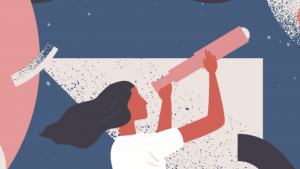
Connecting with hundreds of people in our online conversations, exploring topics from relational responses to the cost of living crisis, to whether a transactional approach to co-production can ever be appropriate, and what we can learn from crises including the invasion of Ukraine
Further afield, we’ve seen what feels like a big growth in interest, awareness and commitment to putting relationships first. Notable moments include:
- The announcement of a significant fund by the UKRI for a Centre in Community Participation and Connectedness
- The Department for Education centring love and relationships in the Children’s Social Care Reform
- The launch of the Relational Manifesto by a team at the Royal College of Psychiatrists
- The ‘Towards Relational Public Services’ conference hosted at Northumbria University
- The publication of numerous books which make a compelling case for the importance of relationships, from The Good Life by Robert Waldinger and Mark Schulz, to When the Dust Settles by Professor Lucy Easthope, to The Life We’re Looking For by Andy Crouch (amongst many others)
What have been the notable moments for you? We’d love to hear them! Leave a comment, Tweet us @Rships_Project or drop us an email to immy@relationshipsproject.org
What we’ve learnt and the questions we’re holding
About the social context
- A sustained appetite for relationship-centred working: We have heard time and again that people’s experience of lockdowns revealed or reinforced the importance of taking relationships seriously and prioritising them through relationship-centred practice. In The Moment We Noticed we described shifts in attitudes and behaviours in the early Covid lockdowns; shifts that, at the time, felt like they had the potential to prefigure more profound change. Whilst the dial has swung back in some instances and in some ways, we’ve had a collective awakening around the importance of social connection
2. We hear time and again from the people we work with and alongside that the communities and places they work in and serve continue to be deeply challenged by the long-term, deep tissue damage caused to relationships and relationship-centred practice by the Covid pandemic. The emergence of the cost of living crisis in the past year has further shifted the context in which we are working by drawing the attention of people, policymakers and the public eye towards the urgent unmet needs in communities and society. Relationships are a key resilience factor to shocks and inequality, but in this crisis context they can all too often be considered the ‘extra mile’ not the ‘first mile’ as we believe so surely they must be if we are to flourish.
About our work
3. Relationships matter to us all and we all have a role to play in realising a more relationship-centred future. Whilst we’ve learnt from and worked with people and organisations that are highly diverse in some respects – e.g. spanning different parts of the UK, different sectors, different levels of seniority and experience – there are many perspectives we’ve yet to engage with. How we build bridges with other fields, groups, demographics and perspectives, and make our work useful to more people is a big priority for us over the coming year
4. Our effort to distribute the leadership of this project, and the field more broadly, via the Relationships Collective offers an opportunity to work in a new, decentralised, enabling way with a range of leaders. This of course comes with some challenges too and it has taken some time for the group to find its collective intent and for us to be able to answer the question of what we might do together. Over the next few months we hope to make progress in servicing and supporting the wider field of practice
Looking forward
Our priorities for the next 12 months

Connect
We’ll be working to continue to nurture connections across the field of relationships through:
- The Relationships Map. We’re creating a directory of the brilliant individuals and organisations working towards a more relationship-centred future. It’s our hope that the map will act as a springboard for new connections to be made, ideas to be shared, and resources to flow. We’d love it if you’d join
- Our ongoing series of events and gatherings, online and in person. We’re dreaming of another big in-person gathering in the Spring of 2024, and many more conversations around shared opportunities and challenges. If you’ve got ideas for an event or conversation, or would like to partner with us in hosting something, please get in touch

Understand
We’ll be continuing to help build our collective understanding of what works when it comes to putting relationships first, and the difference it makes
- We will be publishing a new report which makes a strong and compelling case for the importance of relationship-centred practice, featuring 8-10 standout examples from different contexts. This report will meet a key need identified in the research on which this project is founded (Through Thick and Thin): the need for irrefutable evidence by which relationship-centred practitioners can convince their funders and commissioners of the importance of their work. If you know of a great example of relationship-centred practice that you think should be featured, we’d love to hear from you: immy@relationshipsproject.org
- We will also be embarking on an inquiry, with the support of the Collective, to understand how we bring a greater inclusivity into everything we do. This work will develop our understanding of how relationships and relationship-centred practice is understood and experienced by a wider range of people, and identify some practical measures that we can be initiating now to increase the reach of the field. If you’ve got thoughts or ideas that you’d like to share, please get in touch: david@relationshipsproject.org

Embed
We’re aiming to grow our support for those seeking to embed relationship-centred practice in their community, workplace, sector or system
- We will continue to seed, nurture and grow communities of practice where people share practice in particular areas with one another in ways that strengthen their resolve and approaches to relationships. Some of the value of this work will be in sustaining and deepening the work of existing communities including the Relational Councils Network; whilst other value and impact will be generated by identifying new areas for collaboration and connection.
- We will also continue to support the growing network of Bridge Builders across the UK, training and supporting them to build bridges across divides in their communities using our Bridge Builders’ Handbook
- And we’ll be responding to request for support, inspiration and ideas for creating the conditions in which relationship-centred practice becomes the first mile, not the extra mile
Put yourself on the map
Are you looking to connect with others who share a belief in the importance of relationships? Are you looking for ideas, resources or support to put relationships first? Or do you have something you can offer to others striving to build a more relationship-centred future?
If so, please consider putting yourself of The Relationships Map: a directory of brilliant individuals and organisations working towards a more relationship-centred future that we hope will act as a springboard for new connections to be made and ideas and resources to be shared
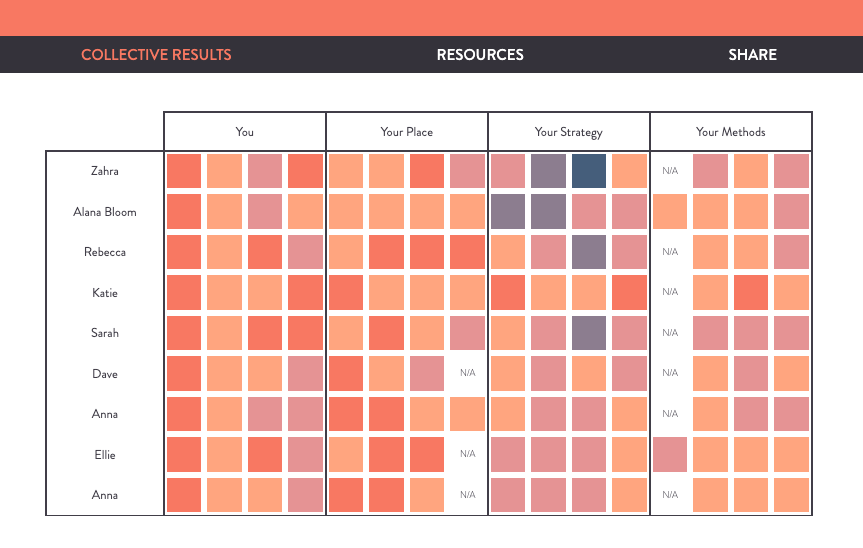
Enrol Yourself: Heatmap in Action
Having collaborated with The Relationships Project to create the Heatmap tool, we were excited to try out the Heatmap tool ourselves, and see whether there are any levers we could pull on further to strengthen our approach to relationships.
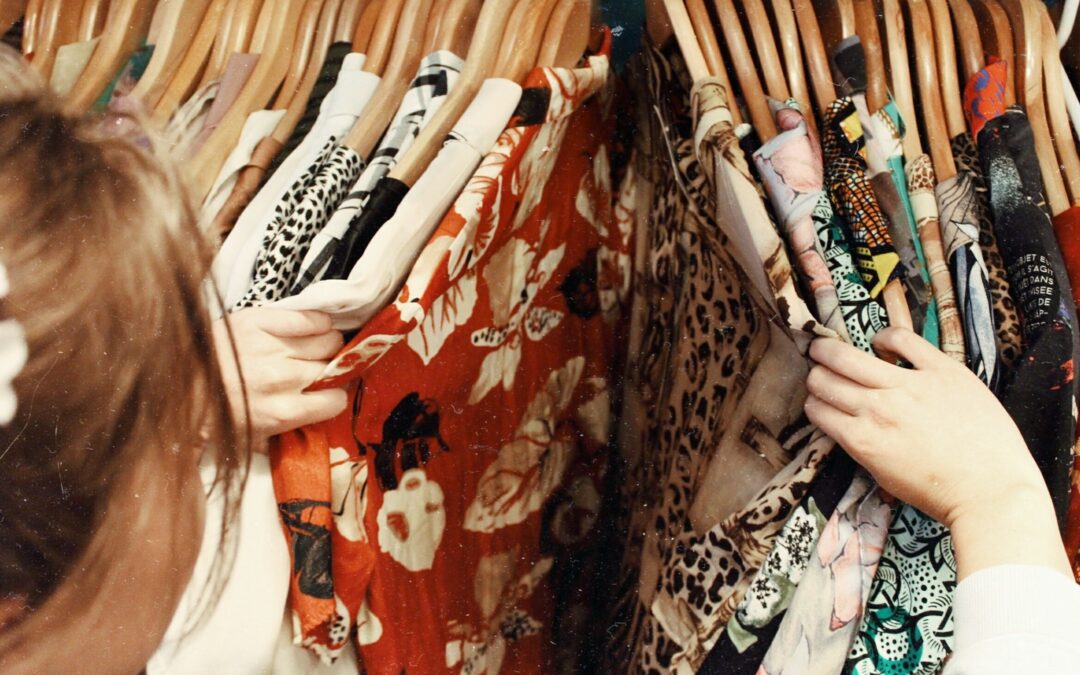
Active Neighbours – Wendy
“[It’s] the feel good factor of helping people – it’s that thought: ‘oh I’ve just done something good today for people.’ And it’s just seeing people smile […] sort of grateful because you’ve helped them in some way.”
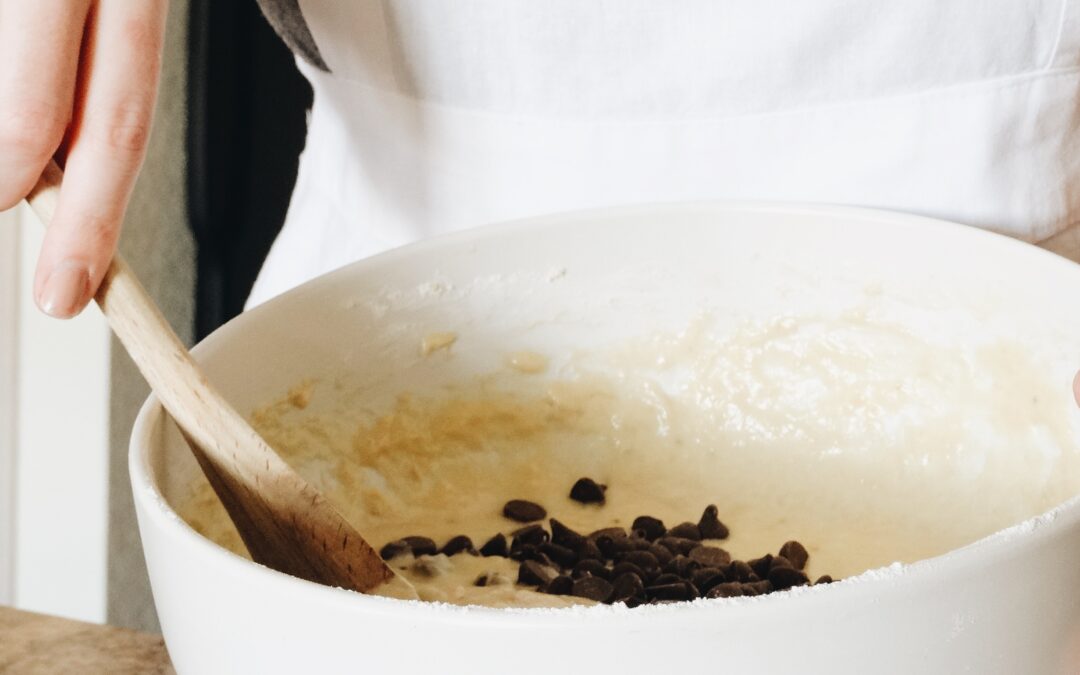
Active Neighbours – Sarah
“I got involved because it was something I could do – it was only small but I could do it around work. All the small things add up. If we can just brighten up someone’s day.”
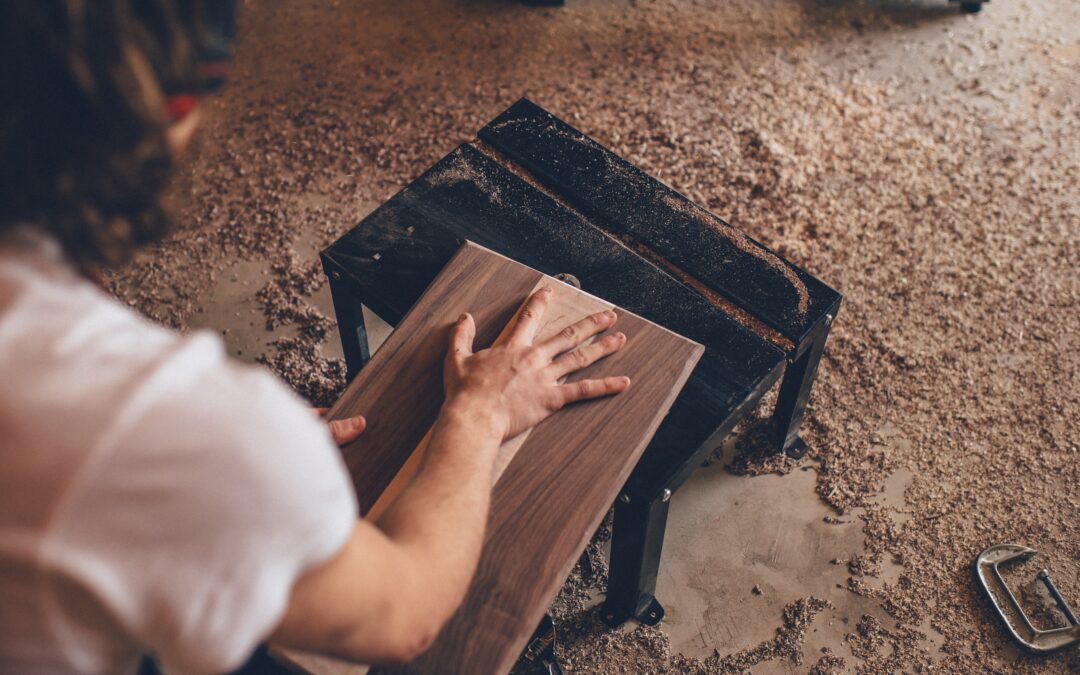
Active Neighbours – Rachel
“What I love about what I do is the honesty of people and the kindness and how grateful the people are. It’s not about flash cars, it’s not about big houses – it’s literally just about spending time with people and having a bit of fun.”
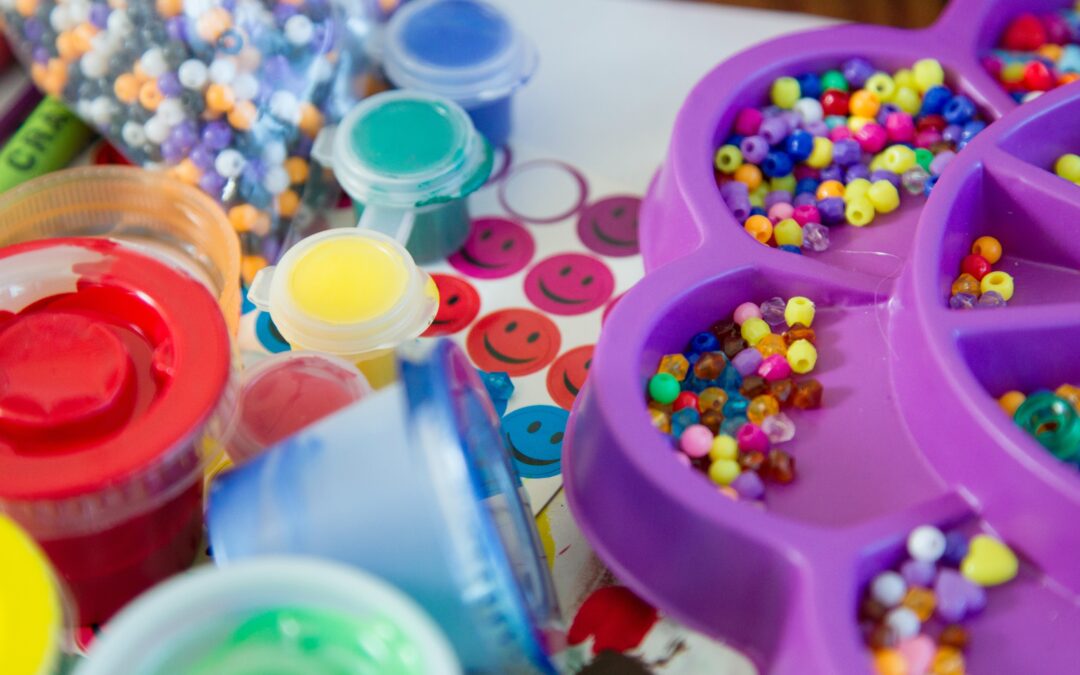
Active Neighbours – Patricia
“Being useful […] It’s giving back to people that need it and giving time to people that need it more than me just sitting at home, and meeting people from all walks of life, and getting more involved in my area. It’s breaking down barriers, and I’ve really appreciated that. […] You think from the outset that you’re not going to gel with certain people, and then you’re surprised. Like at the end of the programme, you had people saying ‘we’ll see each other again soon’ […] I like being able to help in person. I’ve got really tired of Zoom”

Active Neighbours – Nick
“I saw that there was an NHS Responder app. I saw that, and […] I just wanted to get involved and kind of help out and do what I could – because I saw the NHS and all the lengths that everyone was going to […] And I saw quite a few community efforts on Facebook and I thought it was something I could do to help out with.”
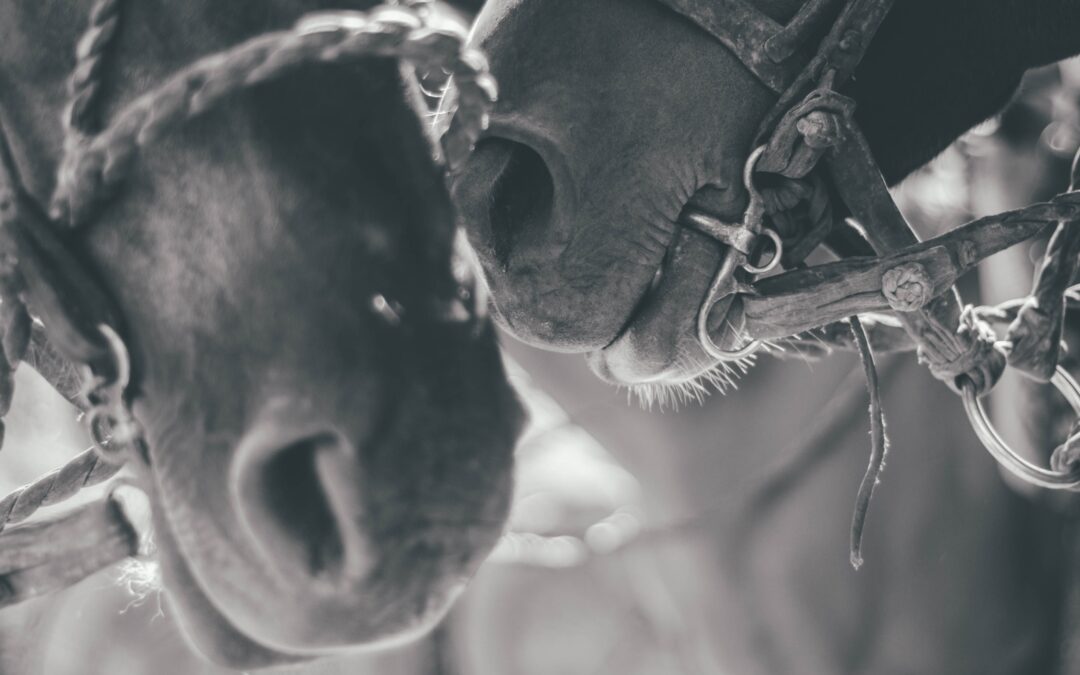
Active Neighbours – Marie
“Volunteering shouldn’t have parameters wrapped around it – you shouldn’t have to do x, y, z to be a volunteer.”
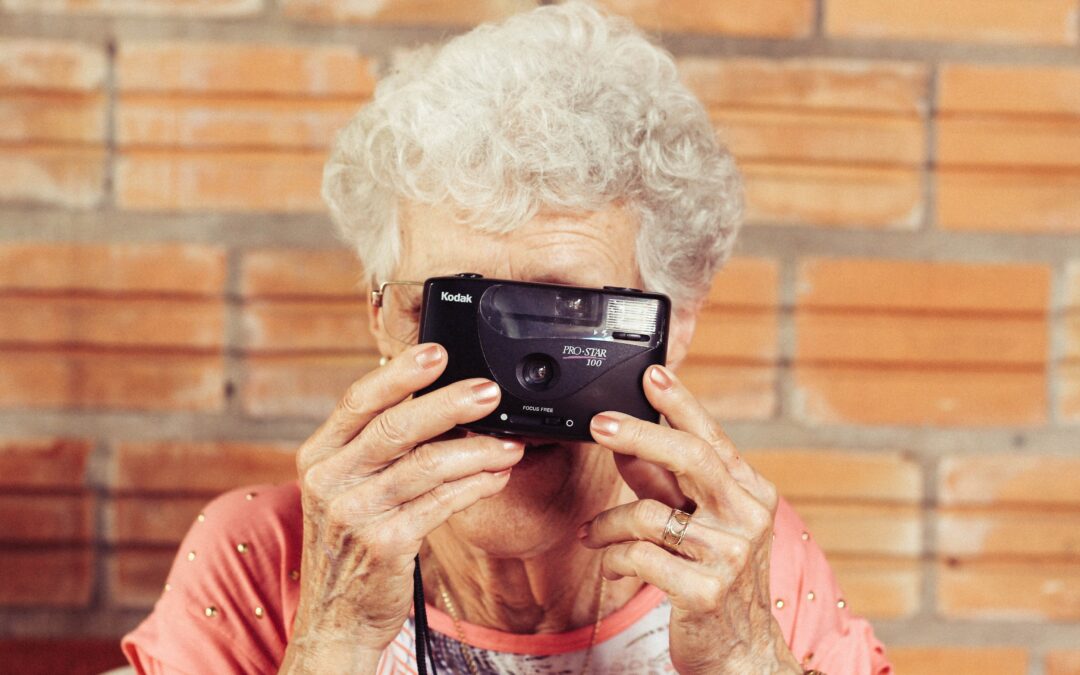
Active Neighbours – Khan
“With all the restrictions in place, there was a lot of questions about how much I could do or how much was normal to do. I didn’t want to put too much stress on myself but I wanted to help out as much as I could. I was brought up in a household where I was expected to do all the housework, the DIY, preparing meals. That was considered normal for me but with some individuals, depending on what their household is like, what is normal is different; I wanted to do more and more but I didn’t want to ask and they didn’t ask.”
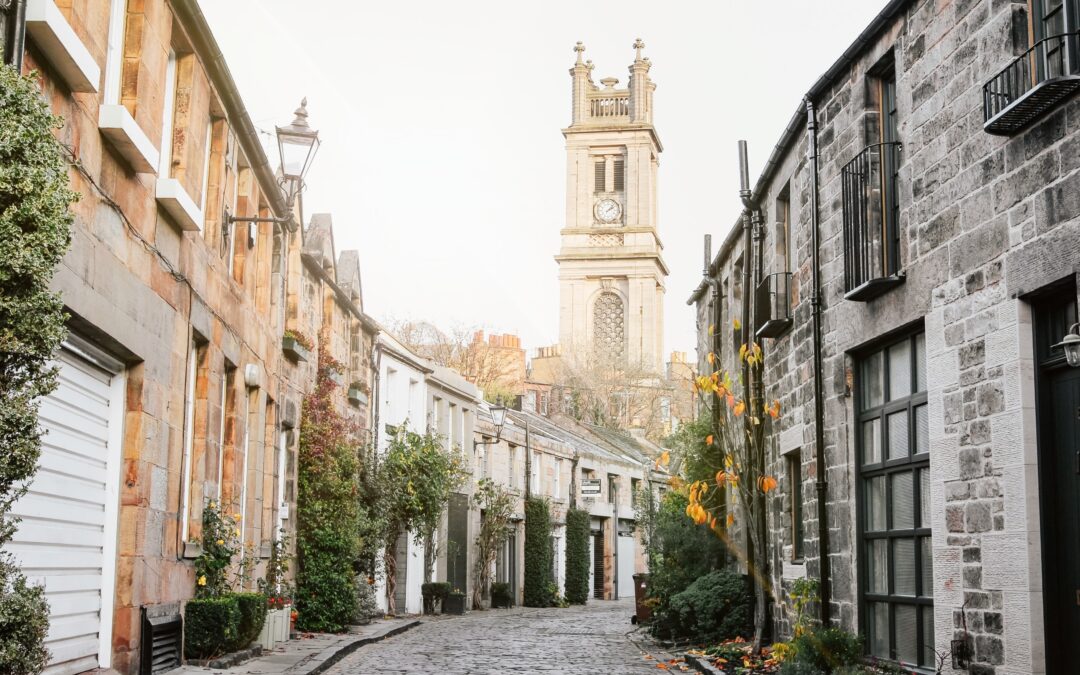
Active Neighbours – Kate
“I just think it’s really nice we can each all be each other’s solutions – people are volunteering not because they feel obligated because they’re family -they just want to help you. I always think that’s really powerful. If everyone put in just a few hours a week to help in their community, we can change so much. And I think that’s what we’ve seen during Covid.”
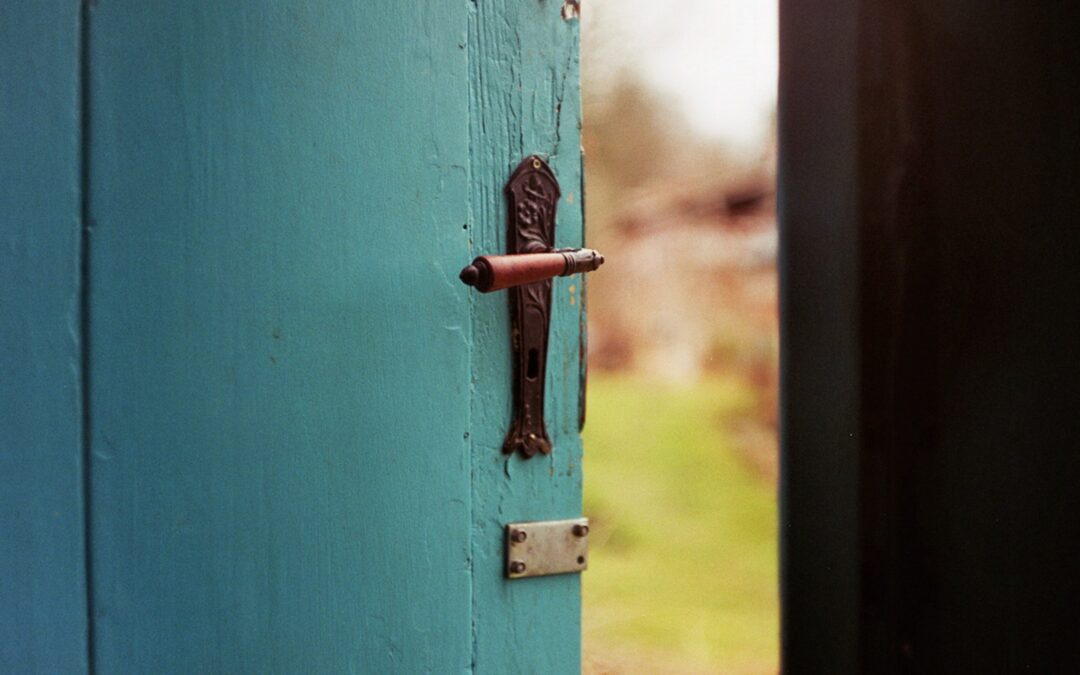
Active Neighbours – Julie
“The satisfaction you get from volunteering is really fulfilling. You get home and know you’ve helped someone that day. It enabled me to meet new people – other volunteers, those we helped. Having the opportunity to talk to some elderly people in the community. When you’re not from somewhere, when would you ever have the opportunity to talk to someone from a different generation?”
